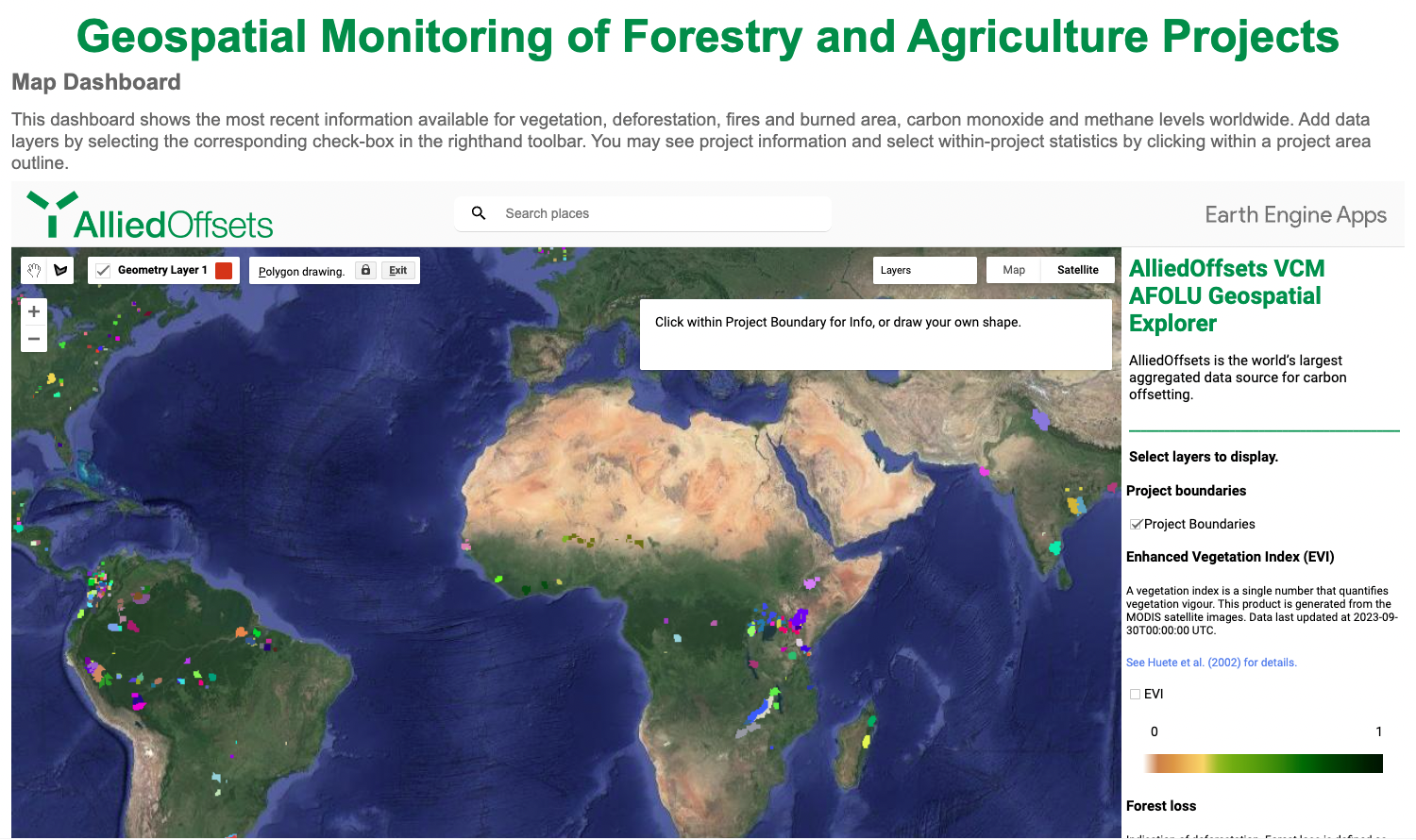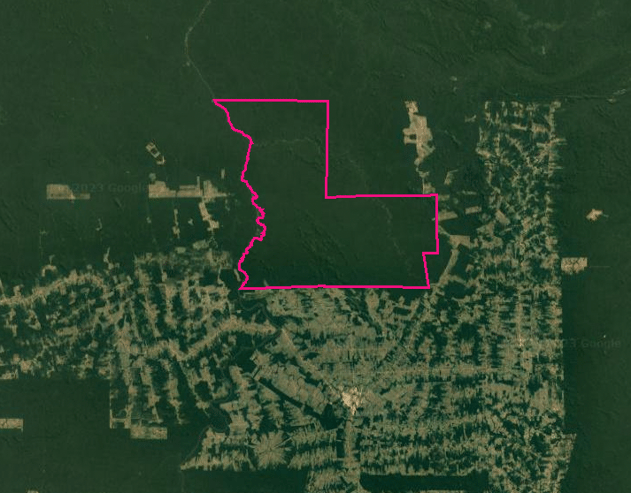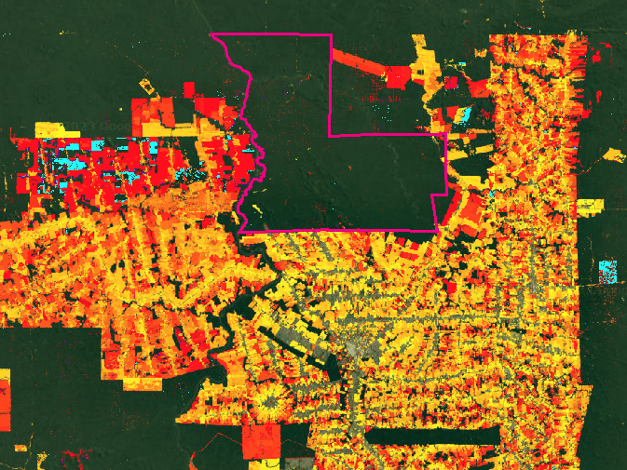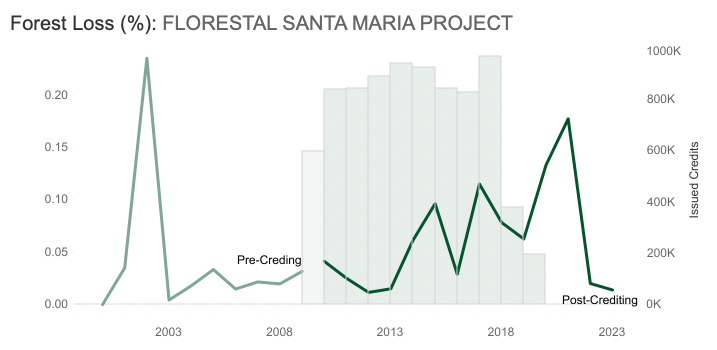This is part 1 of a series of VCM case studies using the AlliedOffsets Geospatial Analysis Tool
The voluntary carbon market (VCM), and specifically REDD+ forestry projects, has come under close scrutiny due to claims of over-crediting in projects. This has resulted in reduced confidence in the market and a drop-off in credit retirements globally.
However, carbon credit registries and market actors have pushed back against these claims, saying they are exaggerated or have already been addressed in methodological improvements.
At AlliedOffsets, we have developed a geo-spatial analysis tool to help users better understand what is within these projects’ boundaries, in terms of deforestation, fires and vegetation health (To be clear, AlliedOffsets does not provide ground-level validation of our geospatial analysis, and the data shown in the tool should not be used without further examination).
We have mapped over 450 of the largest nature-based carbon projects and overlaid them with Google Earth imagery and earth observation datasets that map forest loss, thermal anomalies, burned area, and vegetation health. The final product is our Geospatial Analysis Tool (GAT), which shows project performance on natural risk metrics from before their crediting period, to the present.

One of the criticisms levied against forestry carbon projects is that they are overselling how much deforestation would happen if the project did not exist. The GAT can be used to investigate this claim. While there are certainly some projects where earth observation data does not show a particularly positive effect of a carbon project, others show stark differences between the project boundary and its surrounding areas.
In order to be able to map the projects on a map, we have used two sources of information: projects’ own shapefiles submitted to the registries; and AO-generated shapefiles which we created using the mapping information provided in the project design documents. We have found that coverage of shapefiles among nature-based projects is alarmingly poor, meaning it’s difficult to run this type of analysis at scale – we encourage all future projects to make this information easily available and transparent.
We would like to showcase how earth observation data can illustrate the latter scenario using the case study of Florestal Santa Maria project in Brazil.
While the GAT can be used to provide some preliminary geospatial analysis, we do not intend to use it as a way to rate the quality of a project. While protection against deforestation is one component of how projects are awarded credits, it is important to look at all components of a project before making a qualitative decision on the value of its credits.
Florestal Santa Maria Project in Brazil, VCS875
Florestal Santa Maria has been issued over 8m credits since 2009 - around half of which have been retired - and is expected to operate until 2039. Companies such as Entega and Boeing have retired credits from this project.
The first image is a simple Google Earth satellite observation, in which you can see evidence of forest degradation to the south, east, and west of the project boundary. The second image overlays deforestation analysis done by the University of Maryland, in which we can see progressive deforestation of the area around the project since 2000, and hardly any evidence of deforestation within the project boundary.


When we overlay the forest loss data with Forestal Santa Maria’s issuances, we see that the project has maintained deforestation rates under 0.2% since it began its operation.

The AO GAT aims to give users the power to investigate voluntary carbon project risk, and to evaluate that risk against project crediting and purchases by corporate offsetters. We are uniquely positioned to give context to earth observation data through our proprietary dataset on VCM projects, credits, and market actors. Further articles in this series will cover additional use-cases for anyone interested in the VCM .
If you would like more information about what AlliedOffsets can offer, please contact hello@alliedoffets.com
